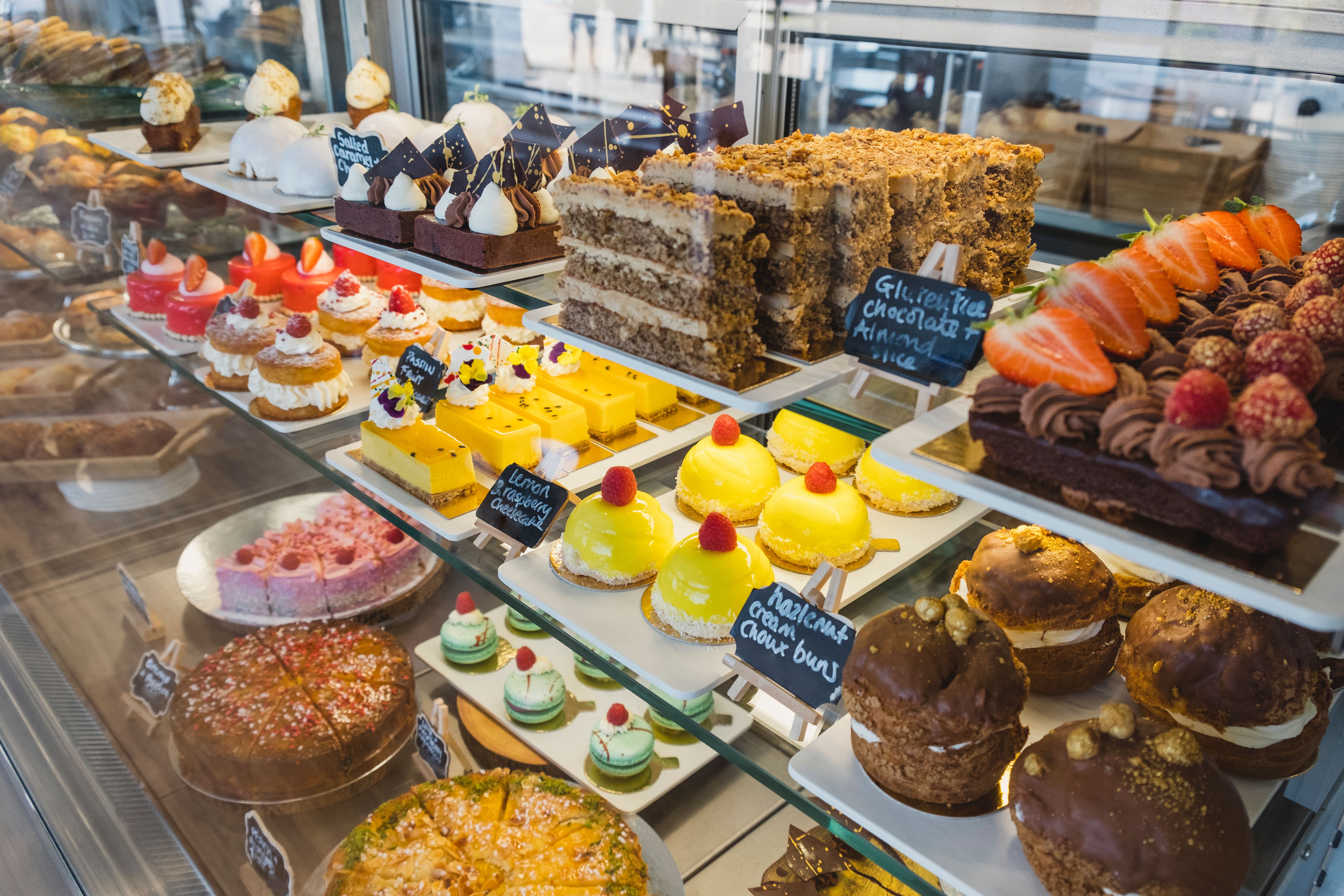Mastering the Art of Cake Baking
Understanding the Basics of Cake Baking
Mastering the art of cake baking begins with understanding the basics. The foundation of any great cake is the quality of ingredients used. Always opt for fresh, high-quality ingredients such as butter, eggs, and flour. These primary components will significantly impact the taste and texture of your cake.
Equally important is the process of measuring. Baking is a science, and precise measurements can make the difference between a fluffy, moist cake and one that's dense or dry. Invest in a good set of measuring cups and spoons, and always level off your dry ingredients for accuracy.

The Role of Temperature
Temperature plays a crucial role in cake baking. Ensuring your oven is preheated to the correct temperature before you start baking is essential. An oven thermometer can be a valuable tool to confirm the accuracy of your oven's temperature settings.
Additionally, it's important that ingredients are at room temperature unless otherwise specified in the recipe. This helps them to blend more evenly, ensuring a consistent batter that bakes uniformly. Cold ingredients can lead to a lumpy batter and uneven baking results.
Exploring Different Cake Types
When it comes to cake baking, variety is endless. From the classic vanilla sponge to rich chocolate fudge, each type of cake requires specific techniques. For instance, sponge cakes rely on egg aeration for their light texture, while butter cakes are denser and depend on creaming butter and sugar.

Don't be afraid to experiment with flavors and textures. Consider incorporating spices like cinnamon or nutmeg into your recipes, or try adding elements like fruit purees or nuts for added depth and interest.
Decorating Your Cake
A beautifully decorated cake is always a showstopper. Start with a smooth base by leveling your cakes and applying a crumb coat before the final layer of frosting. This creates a clean canvas for your decorations.
Consider using a piping bag for intricate designs or add color with edible flowers and sprinkles. Remember that practice makes perfect, so don't be discouraged by initial attempts that don't meet your expectations.
Troubleshooting Common Problems
Even experienced bakers encounter issues from time to time. Some common problems include cakes sinking in the middle, uneven baking, or dryness. Understanding the root cause can help prevent these mistakes in future attempts.
If your cake consistently sinks, check that you're not overmixing the batter or opening the oven door too frequently during baking. For dryness, ensure you're not overbaking and that your ingredient ratios are correct.
Practice Makes Perfect
Like any skill, mastering cake baking takes time and practice. Start with simple recipes and gradually progress to more complex ones as you build your confidence. Keep a journal of your baking attempts, noting what works and what doesn't, so you can continuously improve.
Remember to enjoy the process and savor the fruits of your labor. Each attempt will bring you closer to becoming a cake-baking connoisseur.
